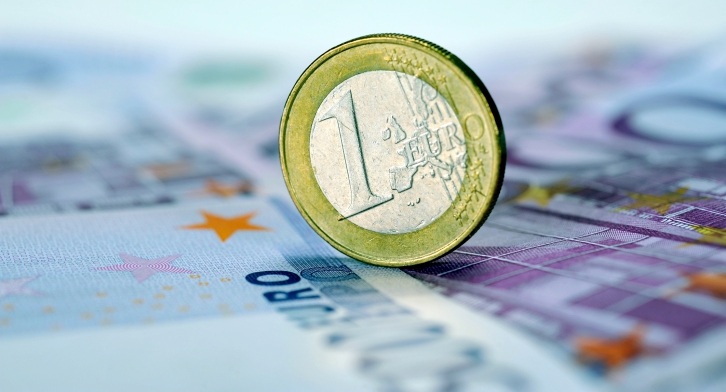
Only a fortnight before Schäuble’s proposal, Europe’s leaders had barely paid attention to a report on the euro’s future prepared by European Commission President Jean-Claude Juncker and his colleagues from the other European Union institutions. But the new dispute over Greece has convinced many policymakers of the necessity to return to the drawing board. Meanwhile, citizens wonder why they share this currency, whether it makes sense, and if agreement can be reached on its future.
For currencies, as for countries, founding myths matter. The conventional wisdom is that the euro was the political price Germany paid for French acquiescence to its reunification. In fact, German reunification only provided the final impetus for a project conceived in the 1980s to resolve a longstanding dilemma. European governments were both strongly averse to floating exchange rates, which they assumed would be incompatible with a single market, and unwilling to perpetuate a Bundesbank-dominated monetary regime. A truly European currency built on German principles appeared to be the best way forward.
In retrospect, German reunification was more a curse than a blessing. When exchange rates were locked in 1999, Germany’s was overvalued, and its economy was struggling; France’s was undervalued, and its economy was booming. During the ensuing decade, imbalances slowly grew between a resurgent Germany and countries where low interest rates had triggered credit booms. And when the global financial crisis erupted in 2008, conditions were ripe for a perfect storm.
No one can say how Europe would have evolved without the euro. Would the fixed-exchange-rate system have endured or collapsed? Would the Deutschemark have been overvalued? Would states have reintroduced trade barriers, ending the single market? Would a real-estate bubble have developed in Spain? Would governments have reformed more or less?
Establishing a counterfactual baseline against which the euro’s impact could be assessed is impossible. But that is no excuse for complacency. Over the last 15 years, the eurozone’s economic performance has been disappointing, and its policy system must answer for this.






